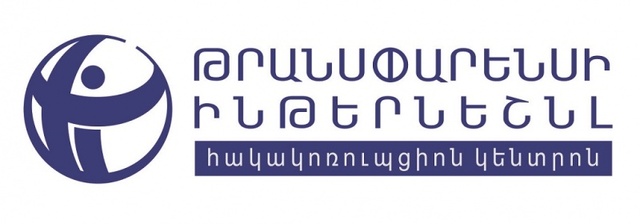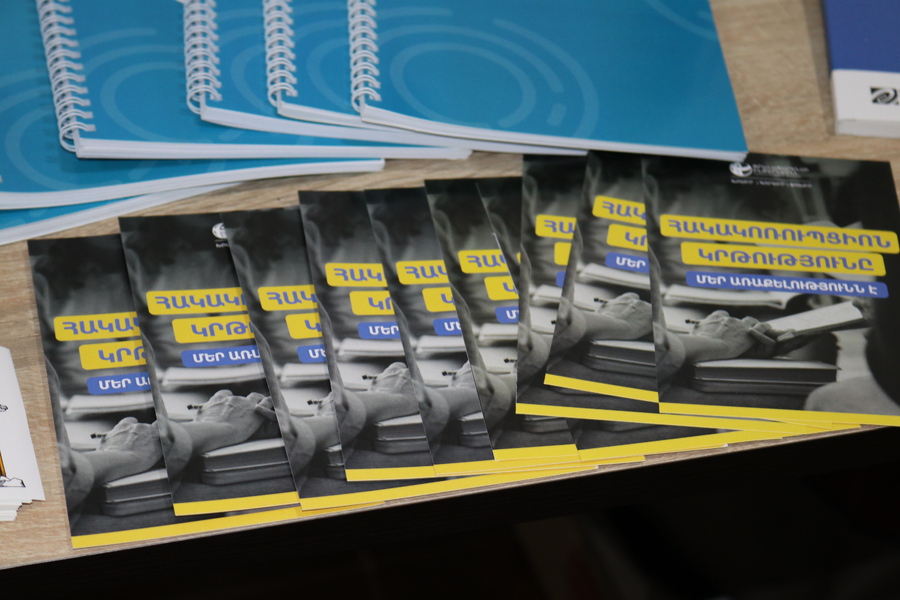Statement on the first 100 days of the Prime Minister of Armenia
Karen Karapetyan was appointed as the Prime Minister of Armenia on December 13, 2016. From the very first day his appointment and his vigorous activity arouse new wave of expectations among the citizens of Armenia regarding possible economic and social reforms in the country. However, it should be mentioned that, given daily activation of the government actions, numerous problems are posed that cause concern and cast doubt on the main aim and positive outcome of the taken steps.
The fact that state expenditure is inflated is beyond argument in Armenia, hence the approach on reducing expenses could itself be praiseworthy. Nevertheless, nowadays the decisions to abruptly reduce the expenses of state apparatus are made hastily, not based on any public institutional or cost effectiveness analysis and economic calculations, without evaluations its effect on the social state of the citizens, as well as its possible consequences for the economy in general.
Despite the statements on enhancing effectiveness of state expenses and the importance of public oversight, the new Law on Procurement provides disclosure of the accommodation, meal and transportation service expenses of the President of Armenia, the President of the National Assembly and the Prime Minister. It is obvious that this disclosure can in no way be perceived as a measure to increase the effectiveness of state expenses and raised doubt on the real aim of efforts made for the effectiveness and transparency of the expenses and the authenticity of the statements.
Dismissal of high-ranking officials who are discredited or involved in corruption scandals was a long expected and required measure to take. However, it is not duly explained or substantiated as to why the mentioned people can no longer hold offices. Neither the effectiveness of those officials’ activity, nor breaking rules of ethics and conflict of interest situation are publicly assessed. The violations committed by them are not criminally investigated. This kind of tolerance does not exclude the likelihood of the same people’s appointment in the same or other responsible positions later on, since such practice has already been applied in Armenia.
Staff changes are generally made without due substantiation and by unknown criteria, as a result of which people appointed in responsible offices have no relevant experience in public administration though they are perceived as officials with no discredited biographies. The peculiarities of public administration are not duly assessed. The work style of private sector is imported to the state system. It may seriously affect effectiveness of governance. Simultaneous willingness to join the Republican Party of Armenia (RPA) of thousands employees from "Gazprom-Armenia" formerly managed by the Prime Minister after he joined the RPA is of great concern. At least this raises reasonable doubts about voluntariness of membership and using the Prime Minister’s former connections and current leverage.
It is a serious problem that the Prime Minister failed to make the issues of democracy, human rights, elections, justice substantial in his public speeches and interviews during his first 100 day activity. Whereas these are the essential issues on which public trust is anchored and without its solution and improvement of situation the activity of any government may not be effectively assessed.
Certain positive trends were manifested regarding amendments to anti-corruption policy (improving asset and income declarations, criminalization of illicit enrichment, and measures regarding institutional changes, etc.), are undoubtedly valuable. However, it is important that ahead of 2017 parliamentary elections electoral violation and fraud be recognized and condemned as corruption crimes in fighting corruption, which may promote preventing entrepreneurs’ entry into parliament, and thus, reducing political corruption. In order to build public trust proper work of law enforcement bodies in detecting and convicting corruption in the level of high ranking officials is highly important. It may later create basis for enforcing the legislation on illicit enrichment and for making the officials who accumulated disproportional wealth be accountable.





